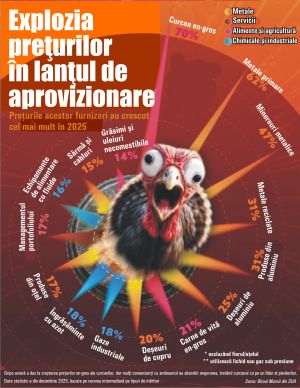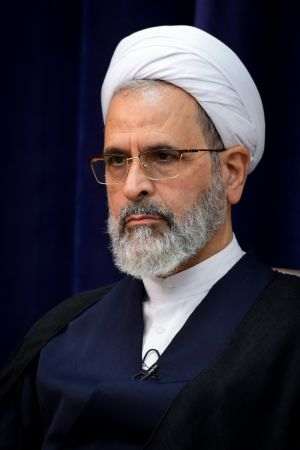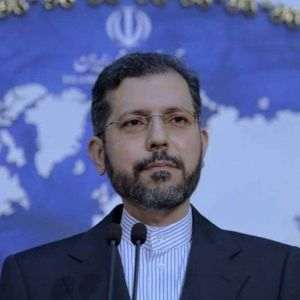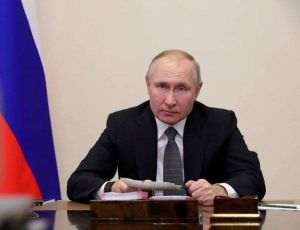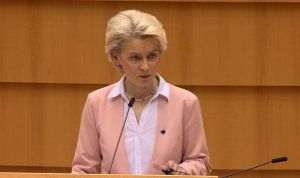Out of the two paths that he can choose now, after rolling down the Cotroceni hill, in the presidential elections, Victor Ponta has chosen the one that leads nowhere: stay on as a prime-minister.
The other one would have involved work: use the massive number of votes against him, as a justification to forfeit the executive power, which would have brought satisfaction to the majority of voters, who are hostile to him, yet it would have also meant that he has consideration for the citizens' opinion and thus would have put his own political party into a good light.
And such a gesture would have brought even more benefits:
- first of all, it would have stopped the natural process which erodes the credibility of any governing party, shifting its burden to its political opponents, which would have been forced to take over the Executive, especially since he has prepared a lot of landmines for them (and also a big ticking time bomb, which is the cut of the social security contributions payable by employers, and some smaller bombs - inflationary pressures, caused by the perverse regime of the excises, the severity of the budget deficit imposed by the IMF for the future, faced with the good numbers that Victor Ponta is showing off, but ignoring the fact that they were achieved by reducing investments);
- secondly, he could have dedicated himself to working towards improving the PSD, in order to win the local and parliamentary elections of 2016.
That would have meant beginning its reconstruction, by eliminating its discredited members, in Bucharest as well as all over Romania, and enforcing a method for selecting and promoting new leaders.
Normally, that option would have consolidated his authority within the party, while the latter could have presented itself as a force to be reckoned with in the future elections.
But Ponta went for the easiest alternative - to drift clinging to the government -, thinking that in doing so, he is postponing a disastrous attack against himself within his own party, which has never forgiven defeat and has always lynched its leaders after a failure.
He probably thought he would be able to continue serving the interests of his backers and that he would be able to fly away from the wreckage and stay on as a prime-minister.
For that, Victor Ponta sacrificed his relationship with Ion Iliescu, by blaming him for the fact that voters consider him a "communist".
He did not have the common sense to pay attention to the fact that many of the votes that the PSD got, were partly the result of the sway that Ion Iliescu continues to hold over a certain segment of voters (predominantly those in rural areas).
Ponta has maintained his alliance with Liviu Dragnea, who has not proven anything else but the fact that he is good at losing presidential elections, rather than winning them (2009, the campaign of Mircea Geoană, 2014 the campaign of Victor Ponta).
Even though Sebastian Ghiţă has handed in his resignation from the PSD, he probably remains on friendly enough terms with Ponta for them to go together to an Abu Dhabi bar again.
Sacrificing Ion Iliescu, instead of accepting responsibility for the defeat in the presidential elections, was not a well thought out move.
The equation calculated by Ponta doesn't seem to have been comprehensive enough, because it does not include the process for the restructuring of the majority in the parliament.
Cătălin Cherecheş, the vice-president of the UNPR (a political entity that is part of the alliance which holds the majority in the Parliament together with the PSD) said, on Thursday, that the UNPR has never brought down a government before, but the scenario of an alliance with the PNL is not out of the question.
Seven of the seventeen MPs of the PP-DD party, have denounced the agreement with the PSD on Tuesday.
UDMR recently announced that it intends to exit the government, but the decision will be put up for a vote in the Council of Representatives of the Union, on December 13th. UDMR leader Kelemen Hunor said, however, that in spite of the decision to exit the Ponta 3 government, he will not withdraw the support granted to the prime-minister for the passing of the budget for the year 2015 and for the validation of the Ponta 4 government. The statements of the Hungarian politicians do not rule out, however, their party siding with the liberals, if Iohannis, who is a member of an ethnic minority himself, decided to show some sympathy himself for the requests of the minorities.
All of these moves make the Ponta cabinet vulnerable to a vote of no-confidence, meaning that it may get the worst of both worlds.
In other words, not only could Ponta fail to keep control of the government, but he could end up being driven out (instead of handing out his resignation with dignity) and in such a case, certainly be removed from the presidency of the PSD.
It is cleat that that is what Traian Băsescu wants, when he says that Victor Ponta has completely lost his credibility within the European Union and that "his position as head of the government is nothing more than an element that serves to further discredit Romania, regardless of who holds the majority in the Parliament".
Băsescu's words have suddenly gained significance, after Ponta's defeat, whereas before he had lost his credibility because, even though 7.5 million citizens voted against him in the referendum of 2012, he chose to remain in office claiming he was the "every Romanian's president", hiding behind the technicalities of the law.
A process which now makes Victor Ponta (who similarly clings to power even though a massive number of people have voted against him) resemble Băsescu, all specific differences between them aside.
• When a failure happens, the PSD devours its leaders
In 2005, in the March congress of the PSD, Adrian Năstase ("the arrogant", like Ion Iliescu called him) lost the position of executive president of the PSD, to Mircea Geoană ("the dummy", a description which also came from Ion Iliescu), after Traian Băsescu beat him in the presidential elections.
In 2010, in the February congress of the PSD, Mircea Geoană (the "dummy" who had become "president for one night"), backed by Marian Vanghelie, Viorel Hrebenciuc and Cătălin Voicu, lost the helm of the party to Victor Ponta ("the witless colt", another label by Ion Iliescu, this one from 2010), who had announced his candidacy for the presidency of the party just one week earlier.
If the majority that he enjoys in the parliament weakens, it would not be much of a surprise if, at the Congress of the PSD that comes next spring, we saw Victor-Viorel Ponta get mercilessly "executed", driven either by the Group of Cluj, as has been the case so far, (2005, 2010), or by the social-democrat "reformers", who have become worried because of the defeat in the presidential elections.
Victor Ponta's devouring by his own party will not have been prevented by the execution in the meeting of the Executive Committee of the PSD, of the three members who "broke the ranks" - Mircea Geoană, Marian Vanghelie and Dan Şova.



